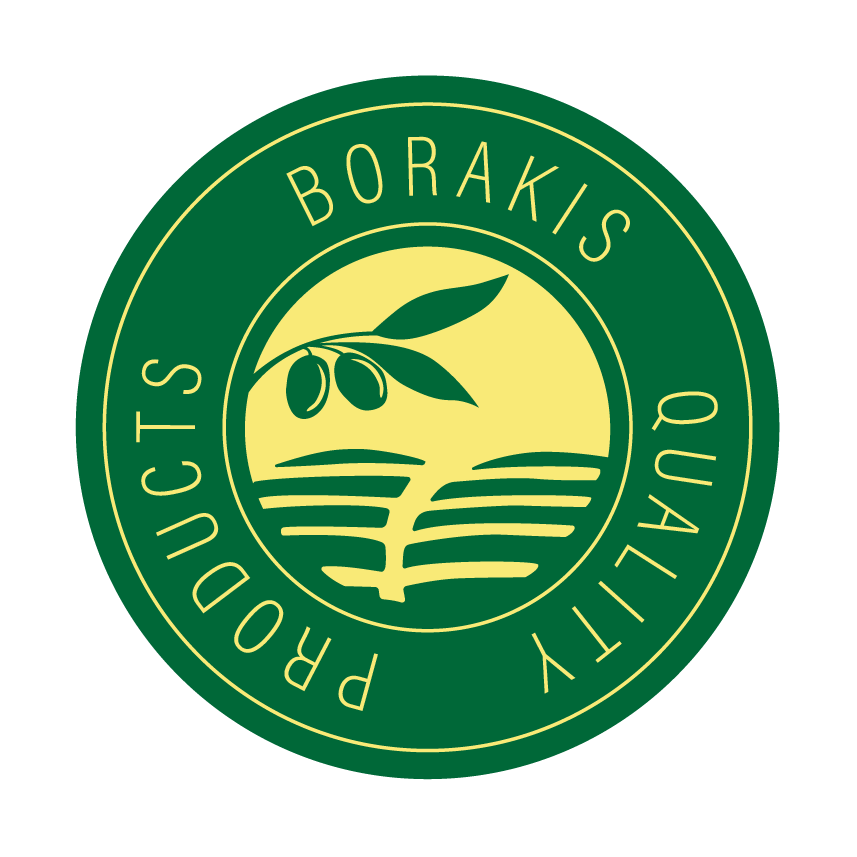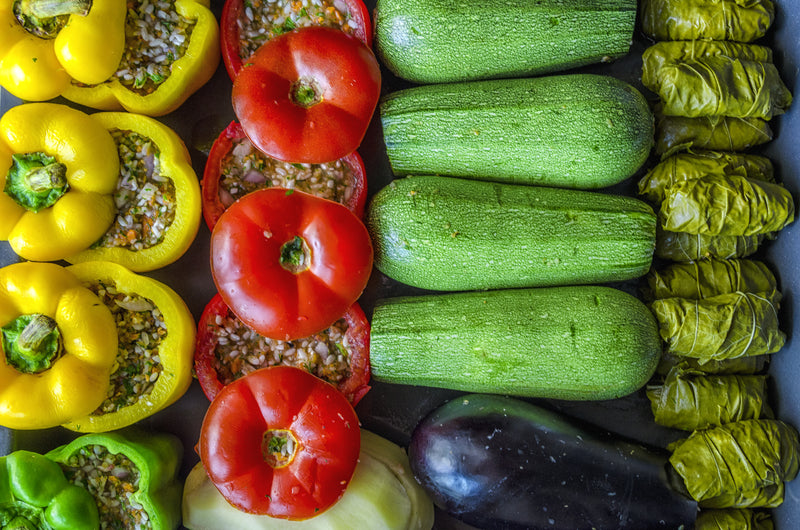The Cretan Diet
The Healthiest Diet in the World
When american physiologist Ancel Keys embarked on his research into diet and lifestyle of the Cretans, he was one of the first to suspect there was a link between good diet and good health. His 'Seven Countries' study begun in the 1950s and continuing into the 1990s, looked at men in their 40's and 50's living in Greece, the US, Finland, Japan, Italy, Yugoslavia and the Netherlands and began an international body of work (more than 6,500 scientific papers) which charted the immense health benefits of what we now term 'the Mediterranean Diet'.
However, among all the populations he studied, it was the Cretans who were by far the healthiest. He was shocked to find that despite a diet very rich in fat (over 40% of their calorie intake daily came from olive oil), cardio vascular diseases that resulted in heart attack and stroke were almost unheard of, and cancer was even rarer. Following-up on his subjects over 30 years later, he found 50% of the Cretans still alive, but the Finns (whose diet relied on animal fat) all dead!
The Secret of a Long healthy Life
The secret of longevity and freedom form the diseases that were plaguing other parts of the western world was not just the vast amounts of olive oil the Cretans consumed - far more than any other Mediterranean people (Cretans 35 litres annually compared to Italians and Spanish who consumed on average 10.5 litres). Also crucial was the profoundly nutritious food, an active lifestyle and the number of fasting days recommended by the Orthodox Church Calendar, during which all meat, fish and dairy were avoided.

So what is the Cretan Diet?
The main features of this cuisine, pretty much unchanged for millenia, will be familiar to anyone aware of healthy eating trends and advice being publicised currently. They are:
- Produce that is fresh, seasonal and locally sourced
- Produce that is unprocessed
- Large quantities of fruit & vegetables (9-12 portions a day), whole grains and rusks, legumes and pulses, olive oil, nuts, seeds, aromatic herbs
- Medium quantities of poultry, fish, dairy, red wine
- small quantities of red meat and sugar (honey and fruit)
- Plant-based diet with an exuberance of wild greens
- Organic and free-range produce.
- Livestock is semi-wild, lean and grass-fed
- Dairy is from sheep and goats, rather than cows
- Produce is pure and natural, free from artificial additives and preservatives

The Many Health Benefits of the Cretan Diet
The foodstuffs that the Cretans found at their fingertips was not only delicious and of very high quality but also packed with high levels of vitamins and minerals, anti-inflammatories, omega-3 fatty acids, phytochemicals and soluble dietary fibre. It also contained very high levels of powerful anti-oxidants which fight the oxidative stress that causes cell ageing and death, reducing the risks of cancer, heart disease, stroke and type 2 diabetes. It promoted healthy digestive and circulatory systems, a stronger immune system, better bone density and muscle mass. Most recently it has been linked to less cognitive decline and memory loss and reducing the risk of developing Alzheimers Disease
Further Reading
https://www.todaysdietitian.com/newarchives/tdaug2007pg34.shtml
https://www.eatingwell.com/article/7650962/the-real-mediterranean-diet/

